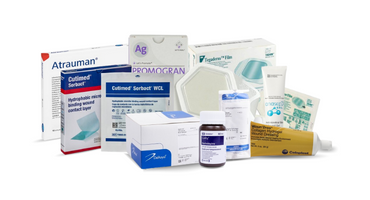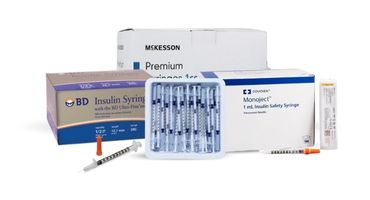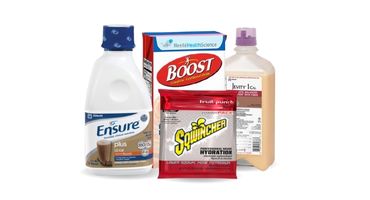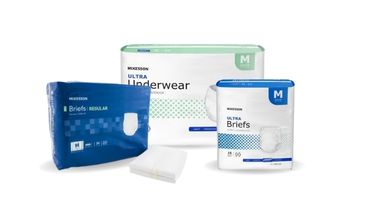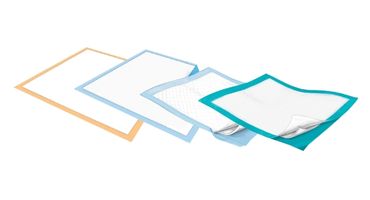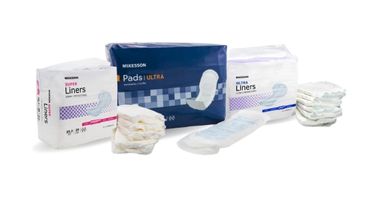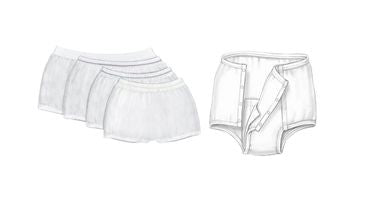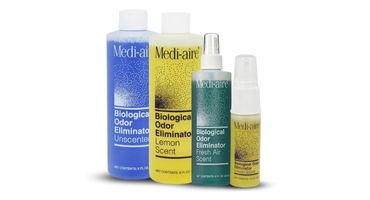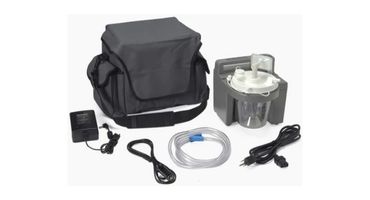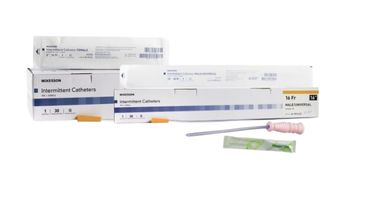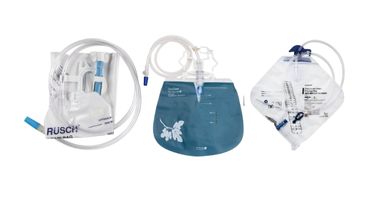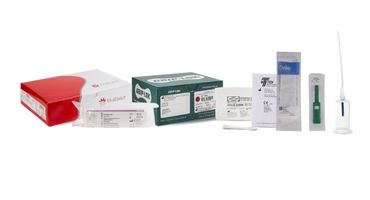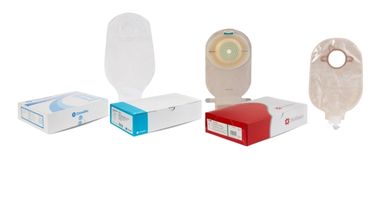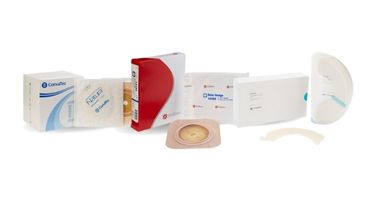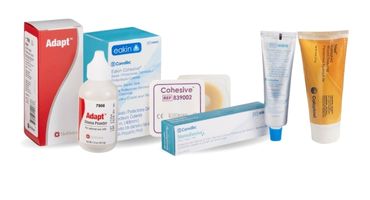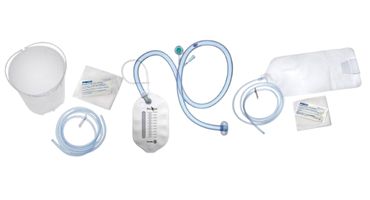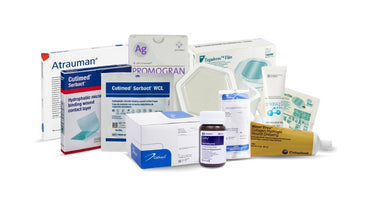Wounds can range from minor cuts and scrapes to serious injuries that require medical attention. Proper wound care is essential for preventing infection, promoting healing, and reducing scarring. In some cases, advanced wound care products can be used to aid in the healing process and provide additional benefits.
What are advanced wound care products?
Advanced wound care products are specialized medical products that are used to treat more severe or complex wounds. These products can include dressings, gels, creams, ointments, and other topical agents that are applied directly to the wound. They may also include devices such as wound vacuums, negative pressure wound therapy systems, and electrical stimulation devices.
Advanced wound care products are designed to address the specific needs of the wound and can be used in conjunction with traditional wound care methods such as cleaning, debridement, and bandaging. They may be used in a variety of settings including hospitals, clinics, and home care.
Types of advanced wound care products.
Several different types of advanced wound care products can be used to treat various types of wounds. Some examples include:
-
Hydrocolloid dressings: These dressings are made of a combination of gelatin, pectin, and other materials that form a gel when in contact with wound exudate (the fluid that drains from the wound). They create a moist environment that promotes healing and can help to reduce pain and inflammation.
-
Alginate dressings: These dressings are made from seaweed and are highly absorbent. They can be used to help control bleeding and exudate and can also help to debride (remove dead or infected tissue) the wound.
-
Foam dressings: Foam dressings are made of soft, spongy material and are designed to absorb exudate and provide cushioning. They can be used on wounds with moderate to heavy drainage and can help to protect the wound from further trauma.
-
Hydrogel dressings: These dressings are made of a gel-like substance that is designed to keep the wound moist and help to maintain a healthy environment for healing. They can also help to remove debris from the wound and reduce pain and inflammation.
-
Antimicrobial dressings: These dressings contain antimicrobial agents that help to kill bacteria and prevent infection. They can be used on wounds that are at risk of infection or those that have already become infected.
-
Negative pressure wound therapy (NPWT): NPWT is a treatment that uses a device to apply continuous or intermittent suction to the wound. This can help to remove excess fluid and promote the formation of new blood vessels, which can aid in the healing process. NPWT can be used on a variety of wounds including surgical wounds, pressure ulcers, and burns.
-
Electrical stimulation devices: These devices use electrical currents to stimulate the healing process. They can be used on wounds that are slow to heal or have become necrotic (dead).
Benefits of advanced wound care products.
Advanced wound care products can provide several benefits for those with wounds that are difficult to treat or slow to heal. Some of the potential benefits include:
-
Promoting healing: Many advanced wound care products are designed to create a moist, optimal healing environment for the wound. This can help to reduce inflammation, remove debris, and stimulate the growth of new tissue.
-
Reducing pain: Some advanced wound care products contain pain-relieving agents that can help to reduce pain and discomfort associated with the wound.
-
Preventing infection: Antimicrobial

